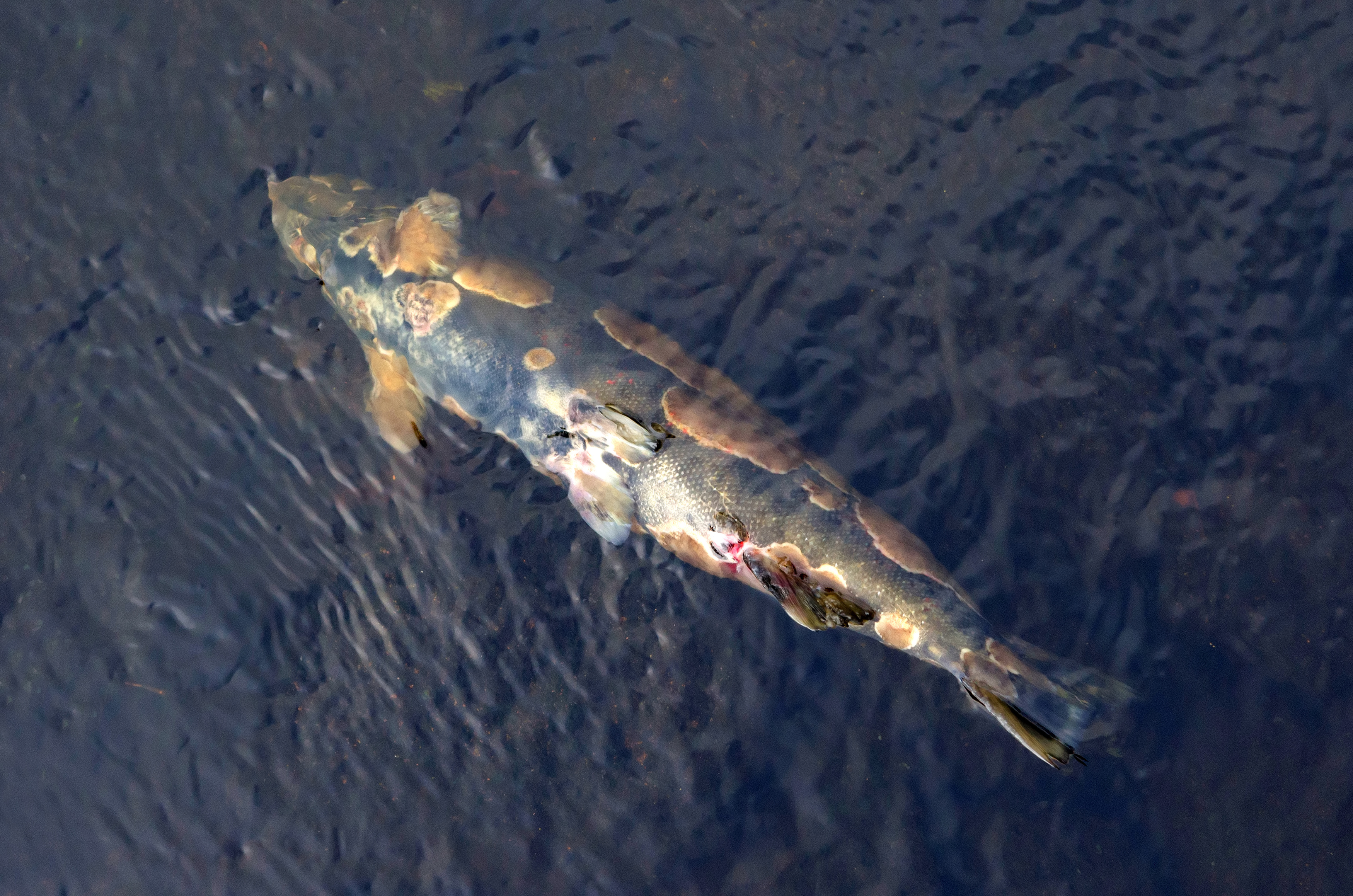The government of Prince Edward Island has announced the local creation of an environmentally friendly fish fungus killer that can help protect farmed fish from the saprolegnia fungus and affords the possibility of protecting approximately $380 million dollars in the global aquaculture industry.
Dr. Subrata Chowdhury has developed an environmentally safe answer to the chemicals previously used to destroy fish-killing fungus. Fungal infections kill 160 million tonnes of fish and costs the worldwide aquaculture industry $3.8 billion each year. About 10 per cent of this damage is caused by the common saprolegnia fungus.
As the Chief Scientist at Charlottetown-based RPS Biologiques Inc., Dr. Chowdhury has developed Saprotect, a plant-based product designed to protect large-scale salmon farming operations.
The ingredients – and the production method – are a trade secret, but Chowdhury says they can be grown on Prince Edward Island. A recent grant from the provincial government’s Ignition Startup Fund will enable RPS Biologiques to complete the final phase of trials and gain regulatory approval from Health Canada.
“The grant was for $25,000, which is helpful, but it is even more important to be recognized for your work,” he said. “It helps to do business in a small town where you know people. I am very grateful for the support.”
RPS describes its mission statement as targeting “critical issues in the existing health products regarding diseases with [their] innovative vaccines and drugs using cutting edge technology.” The company has two other products that serve managed fishery stocks, a DNA/RNAi based vaccine for Infectious salmonanemia virus and another DNA/RNAi based vaccine for Koi Herpes Virus.
Chowdhury, who emigrated from New York with his wife Ranjana (also a scientist) and their two children, previously worked at Phyterra Bio and Solarvest PEI Inc. before he moved into entrepreneurship. The company offers a variety of services for the aquatic, animal, and human health sectors.
Managing Director Wes MacAleer praised the Ignition Fund for assisting companies like RPS through the costly product development stage.
“This will enable us to proceed with field trials without further private investment, ultimately allowing RPS to capture more of the product value once we’ve proven the commercial viability,” said MacAleer.
Dr. Chowdhury, who also sits on the editorial boards of two European science journals, is setting up a production facility at BioFoodTech, a PEI-based contract research and analytical services company.










